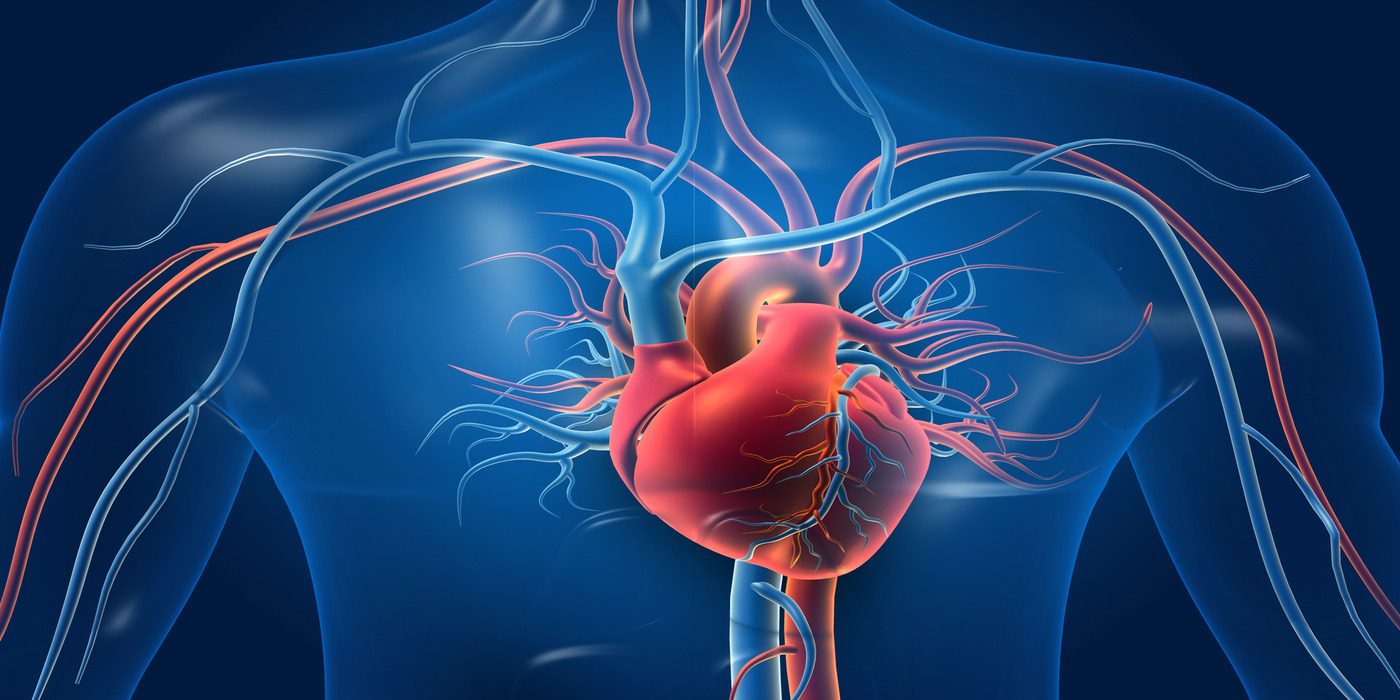
Diabetes drug improves cardiovascular outcomes across a range of heart and kidney conditions
A new meta-analysis shows sodium glucose co-transporter 2 (SGLT2) inhibitors reduce the risk of major adverse cardiovascular events in patients with either diabetes at high risk of atherosclerotic cardiovascular disease (ASCVD), heart failure, or chronic kidney disease (CKD). Findings were presented at the American College of Cardiology Annual Scientific Session & Expo and simultaneously published in Circulation.1
SGLT2 inhibitors, also called gliflozins, are a class of drug that lower blood glucose by increasing its excretion in the urine. While late-stage trials of these medicines have demonstrated reductions in heart failure and adverse kidney outcomes, the effects on major adverse cardiovascular events (MACE), including cardiovascular death, myocardial infarction, and stroke, were less clear.
Researchers analysed data across 11 trials involving 78,607 patients with diabetes, heart failure, or CKD and found a 9% reduction in MACE and a 14% reduction in cardiovascular death with SGLT2 inhibitors versus placebo. The analysis showed a remarkably consistent effect across all three patient groups, as well as key subgroups (established ASCVD, prior myocardial infarction, diabetes, prior heart failure, and different levels of kidney function). The reduction in MACE was driven by a reduction in cardiovascular death, specifically heart failure death and sudden cardiac death. There were no significant effects on myocardial infarction or stroke.
Dr Brendon Neuen, Senior Research Fellow at The George Institute for Global Health and author on the paper said, “Individual SGLT2 inhibitor trials observed some benefit in reducing cardiovascular disease, but effects on different types of cardiovascular events across major patient subgroups were uncertain.
“By looking at the totality of the worldwide data from all large-scale, placebo-controlled outcome trials of SGLT2 inhibitors, we observed a conclusive reduction in cardiovascular death among patients with a broad range of clinical characteristics.”
Diabetes is a known risk factor for cardiovascular and kidney disease, with impaired glucose control causing damage to blood vessels in the heart and kidneys. Many patients with diabetes live with ASCVD, CKD, or heart failure, with prevalence increasing in the years following a diabetes diagnosis.2
Dr Neuen added, “Despite the various benefits of SGLT2 inhibitors on cardiovascular-kidney-metabolic diseases, this class of medicine remains under-prescribed.”
“We hope that our findings inform more tailored prescription of SGLT2 inhibitors, particularly in patients with comorbid presentation of diabetes and heart failure or chronic kidney disease, who may experience multiple treatment benefits.”
The SGLT2 Meta-Analysis Cardio-Renal Trialists' Consortium (SMART-C) is co-chaired by Dr Brendon Neuen and Prof Hiddo Heerspink of The George Institute for Global Health.
References
- Patel S, et al. Sodium Glucose Co-transporter 2 Inhibitors and Major Adverse Cardiovascular Outcomes: A SMART-C Collaborative Meta-Analysis. Circulation. 2024. https://www.ahajournals.org/doi/10.1161/CIRCULATIONAHA.124.069568
- Pearson-Stuttard J, et al. Variations in comorbidity burden in people with type 2 diabetes over disease duration: A population-based analysis of real world evidence. EClinicalMedicine. 2022. https://doi.org/10.1016/j.eclinm.2022.101584




